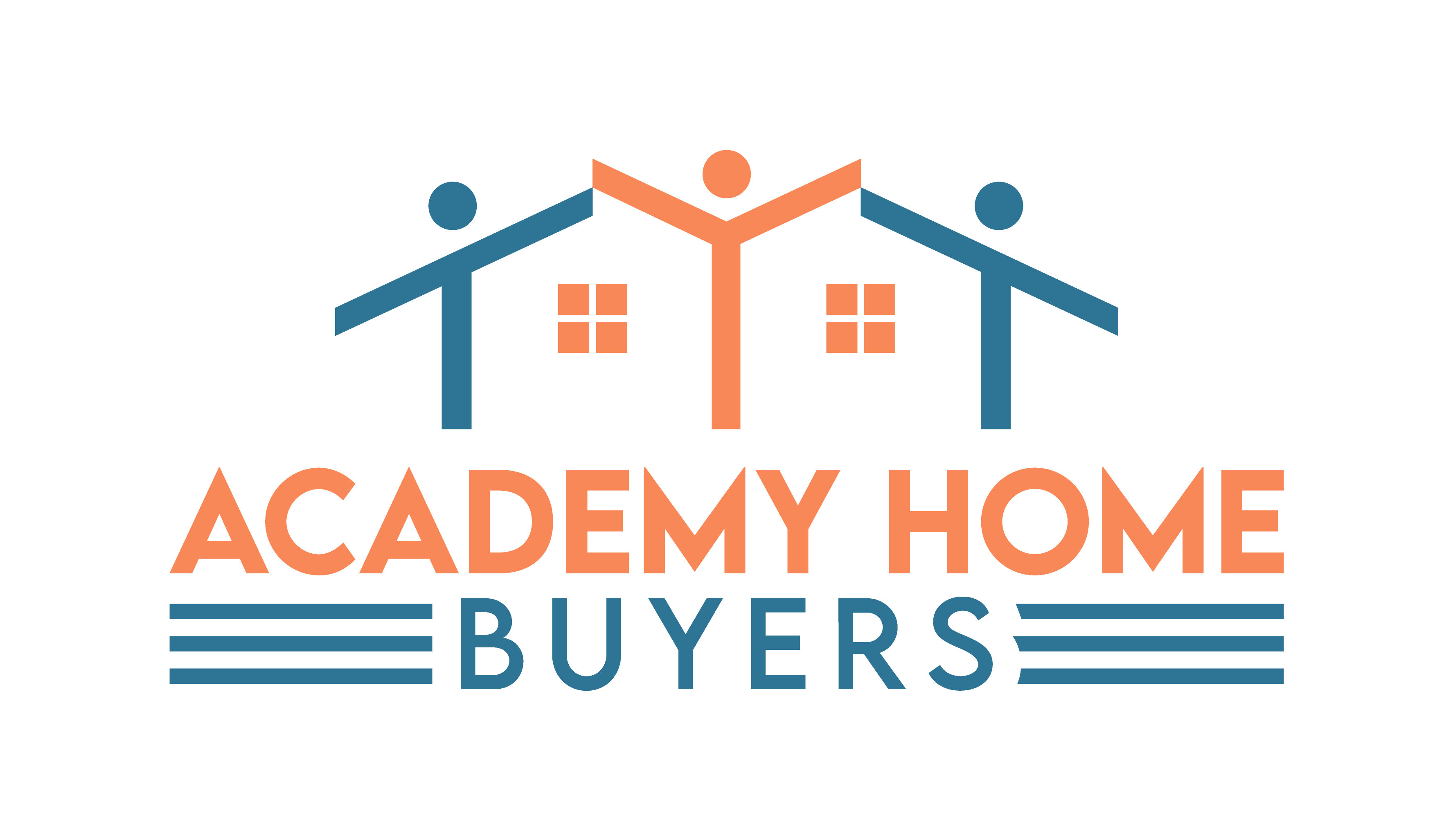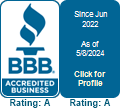The quick answer to this question is ‘Yes.’ A house with a lien attached can be sold, but doing so can cause major problems and headaches for your sales process. Determining how to proceed selling a home with active liens, depends largely upon how much equity, if any, there is in the home. If there is enough equity, the liens can be satisfied at the closing table with the proceeds from the sale. In this article we are going to discuss what a lien is and how it works, specific types of property liens, and what you can do as a seller to prevent title issues from causing a delay in your sale.
What is a lien on a house?
A lien is a public record filed with the county records office, putting the world on notice that the owner of a specific property, owes money to a specific creditor, aka the Lien Holder. Almost half of all homes in America have a lien on them, in the form of a mortgage. This is called a voluntary lien, because the homeowner agreed to the lien, in exchange for the money to buy the property. Involuntary liens are placed on properties by tax authorities, businesses, homeowners associations, and more, in order to secure payment from the debtor.
How are liens prioritized and how do they work?
Property liens are prioritized according to when they were attached to the deed, with the exception of tax liens. The government always comes first! Typically the mortgage is the first, or primary lien. Mortgage lenders won’t lend on a property if they are not first in line to get paid at the sale of the property. Any other liens like second mortgages, are listed as secondary liens.
Liens operate as a way to tell anyone and everyone who may be interested in a property, that someone else has laid legal claim to all or some of the value of that property. The owner cannot sell the property to another without addressing the lien. This usually means paying the debt, but there are some circumstances when the property can change ownership and the lien continues onto the new owners. This is rare though.
Types of liens that can be placed on property
As we said before, liens come in two basic forms: Voluntary and Involuntary. Voluntary liens are liens against your property that you agree to. The most common voluntary liens are mortgages and liens for solar equipment. It is very common to sell a home with these liens, as they are paid off at closing from the proceeds of the sale. Involuntary liens are placed against your property by creditors, who are looking to secure payment owed to them. Below are some of the most common Involuntary Liens:
Property Tax Liens
Property taxes are taxes levied against properties, usually based upon an assessed value, and are used by local municipalities to fund basic services like police, fire, and schools. Property Tax Liens are recorded against a property when the homeowner has failed to pay their scheduled property taxes. As we said before, tax liens automatically take first position, even over a mortgage. The government will get paid before anyone else collects their debt.
Judgement Liens
Judgement liens are recorded against real estate when a court issues a judgement against a property owner, and the court-ordered payments remain unpaid. The judgement, however, does not have to be related to the property. A home owner could lose a lawsuit related to any civil tort, and if they fail to pay the required damages, that judgement can be attached to the home in the form of a Judgement Lien or Judicial Lien.
IRS Liens
Uncle Sam can place a lien on your property if you fail to pay your Federal Taxes! This does not happen overnight, but after failing to pay taxes, the Federal Government can place a lien on any of your property, including your real estate, in order to collect Federal Income Tax Debt.
Child Support or Alimony Liens
Child support and alimony liens are similar to Judgement Liens. As a result of a failure to pay court-ordered alimony or child support, a judgement lien can be placed on your property.
Mechanic’s Lien
A Mechanic’s Lien is placed on a home when homeowners fail to pay contractors for work they performed on the property. Many homeowners have found themselves subject to mechanic’s liens after hiring unlicensed contractors. When a contractor hires sub-contractors to do the work, but fails to pay them, the sub-contractors can place mechanics liens on your house.
HOA Liens
Many homes are part of developments which are managed by Home Owner’s Associations (HOA). The HOA is treated almost as a local governing body in charge of a certain plat of real estate, and all of the homes built on top of it. When you purchase a home within an HOA, you agree to abide by the terms and conditions set forth by the HOA. Part of this agreement is that you will pay HOA fees / dues, as well as fines assessed against you for failure to comply with regulations. Every HOA is different, and the fees they charge can vary greatly dependent upon what services they provide such as, lawn care, snow removal, public pool, exercise facilities, etc. If you fail to pay your dues, or fines they assess, the HOA will seek a judgement and attach a lien to your property.
Tips for selling a house with a lien
The easiest way to handle a lien is to pay it off before closing, but chances are, if you had the money to pay the debt, you wouldn’t have a lien in the first place! So what do you do when you have a lien and want to sell your property, but you can’t pay it before selling? Here are some tips for handling:
1) Pay off your lien at closing
In most cases, there is enough equity in the home that the lien on your home can be paid for with the proceeds from the sale. This works by taking some of the profits of your sale and diverting them to your creditor.
Let’ say, for example, that you were selling your home for $300,000, and owed $150,000 on your mortgage and a $10,000 Mechanic’s Lien. At closing, your mortgage company would receive a check for $150,000, the lien holder would receive a check for $10,000, and you would receive the remainder minus standard closing costs (attorney, title fees, transfer taxes etc…)

2) Negotiate your debt with the lien holder
Like most things in life, debt can be negotiated. Creditors want their money and they want it in full, otherwise they wouldn’t have gone through the trouble of placing a lien on your home. But, if they can see that you are absolutely unable to pay what you owe, sometimes lien holders will accept negotiated payments. If there is not enough equity in your home to pay debts at closing, and you do not have enough cash or assets to pay, you should consider reaching out and seeking to negotiate.

3) Dispute the lien
If there is a lien against your home that you believe you do not owe, either because it has already been paid, or the lien is for more than you owe, you can legally dispute it. This often requires the services of an attorney, but the cost of the attorney should be much less than paying a debt you do not owe.

4) Transfer your lien to other property
In some instances, you may be able to transfer a lien against your property to other properties that you own. This should definitely involve an attorney, who will help you negotiate the transfer with your creditors, and also record it properly in all public records. Transferring your lien does not make it go away, it may simply allow you to defer the payment over a longer period of time.

5) Sell your home to an investor-buyer
Some investors may be willing to purchase your home, and the liens that are attached, by utilizing some alternative financing methods, such as Subject -To. When buying your home Subject -To, an investor is taking over ownership of your property, subject to the existing mortgage and debts. This can be a very favorable option for homeowners who don’t have enough equity to sell their home and pay off their debts.

Can a lien stop or prevent me from selling my home?
YES! If there is a lien on your property, which cannot be paid off completely at the closing table with proceeds from the sale, the sale of your property will be difficult if not impossible. The steps outlined above, often take a considerable amount of time. If such liens are discovered at or near closing time, your buyers will likely walk away and find another home.
How to prevent liens and title issues from disrupting the sale of your home
1) The First and Easiest way to ensure you will have a smooth closing is to conduct your own title search. Liens are public record, and you can do a simple search of your own title to see if there are any surprise clouds on your title:
- Ask a title company to run a search for you. This is quick and very inexpensive
- Visit your county website and search for your property records
- Visit your county recorder’s office and ask the clerks for assistance.
2) Be open with your real estate agent and closing team about any liens you have or think you may have. Virtually anything can be addressed or mitigated if done early, but if they are found out late in the sales process it can cause serious problems for all parties.
3) Arrange payment plans with your creditors as soon as you fall behind. If you maintain open communication with the people and businesses you owe money to, they may be less likely to burden your home with liens.
4) Be diligent with monitoring contractors you hire for your home. It is not uncommon for homeowners to pay general contractors in full, but for the contractor to fail to pay their sub-contractors. When sub-contractors are not paid according to their agreements, they can levy liens against your home! Make sure to get proof of all payments, as well as proof that all sub-contractors were paid appropriately whenever you have work done to your home.


